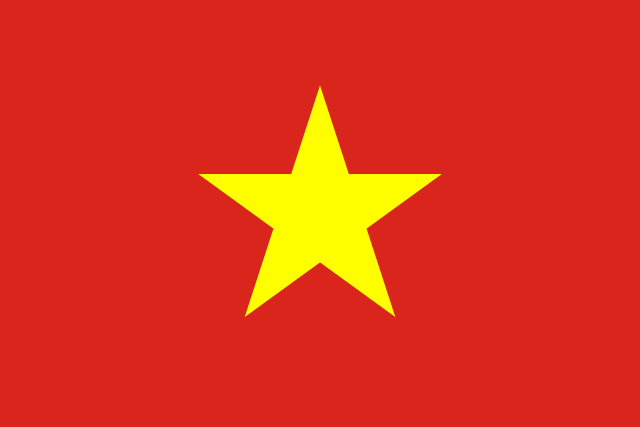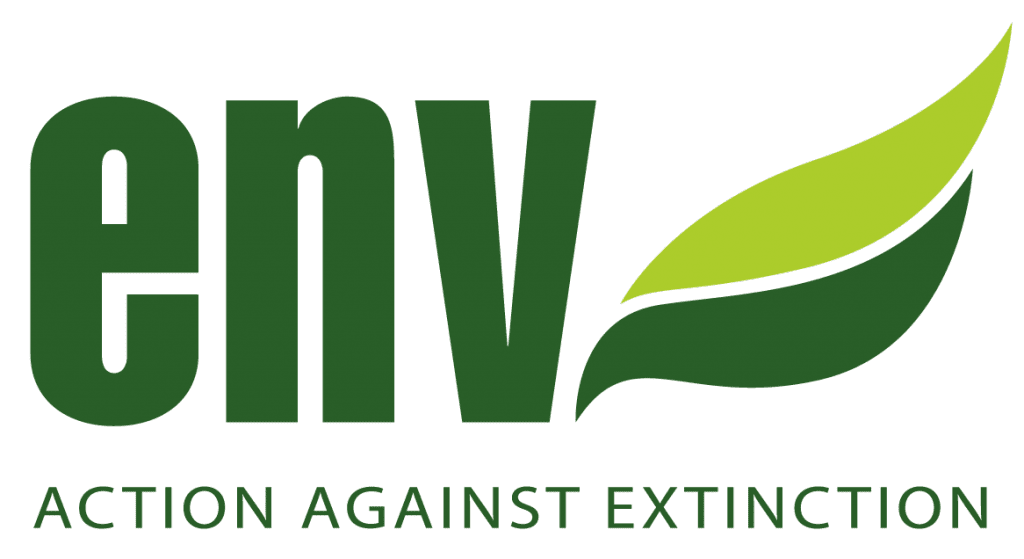Bear bile tourism in Ha Long Bay has finally been closed down, thanks to the intensive enforcement campaigns led by Quang Ninh authorities, conducted since early 2014.

The bear bile tourism industry in Ha Long Bay began around 2007, as six bear farms were established along the major route to one of the most popular tourist destinations in Vietnam. The bear farms received bus-loads of mainly Korean tourists, who would witness the extraction of bile from a live bear before being encouraged to purchase bear bile and bear products, in violation of the law.
As a result, the Ministry of Culture, Sports and Tourism banned tourists from visiting bear farms, and after efforts over several years, four of the bear farms were closed. However, two remaining bear farms continued defy the law, selling bear bile to tourists.
In early 2014, the Quang Ninh Provincial People’s Committee ordered the two remaining farms to close to tourists and established a taskforce to enforce the closure. The task force included representatives from a number of the provincial agencies including the Forest Protection Department, Environmental Police, The Department of Culture, Sports and Tourism, as well as from ENV. Over several month-long periods, the task force conducted intensive monitoring at the two remaining bear farms. After a few buses were turned back during the initial weeks of the task force’s operation, long hours and a rigid seven day a week schedule paid off and both farms ceased operations completely.
Since May of this year, no tourists have been observed at either of the two remaining bear farms and the Quang Ninh Forest Protection Department plans to continue to monitor these farms to ensure that bear bile tourism will not restart again in the future.
ENV has been working closely with multi-level functional authorities at both the national and provincial level for the past seven years, to put a stop to bear bile tourism in Quang Ninh. Since the end of the task force, ENV inspectors have confirmed that some captive bears are being relocated from the Ha Long farms and that the Korean business partners have removed refrigerators and other equipment used in the extraction processes. ENV’s efforts to remove bear bile products from rest stops targeting Korean tourists along the route to Ha Long Bay have also been successful, and the primary Korean business partner’s traditional medicine shop in Ha Long City has been closed.
“The success of this campaign can be attributed to the commitment of the Quang Ninh authorities to address this cruel and illegal form of business once and for all, at the heart of Vietnam’s most prestigious tourist destination, Ha Long Bay,” said Ms. Nguyen Phuong Dung, ENV vice-director.
“This marks the beginning of the end for the bear bile tourism industry in Vietnam,” says Dung. “The bold action of Quang Ninh authorities in addressing this issue in 2014 should send a clear message to bear farmers nationally; keeping bears for the extraction of bear bile is a dying industry opposed by the majority of the people of Vietnam, and a sad relic of the past that will be eradicated from society.”
The campaign was also supported by many committed and brave volunteers who worked with ENV to conduct monthly surveillance during the last crucial months of 2013 documenting violations and providing timely reports to local law enforcement, whilst withstanding threats, harassment and even attacks by thugs hired by one of the bear farmers.
According to Ms. Dung, “the success of the campaign is a great example of how authorities, the media, members of the public and civil society can get together and accomplish something great.”
ENV wishes to thank the World Animal Protection for their ongoing support in this campaign and the Humane Society International of Australia for supporting the second phase of task force operations.
{jcomments on}

